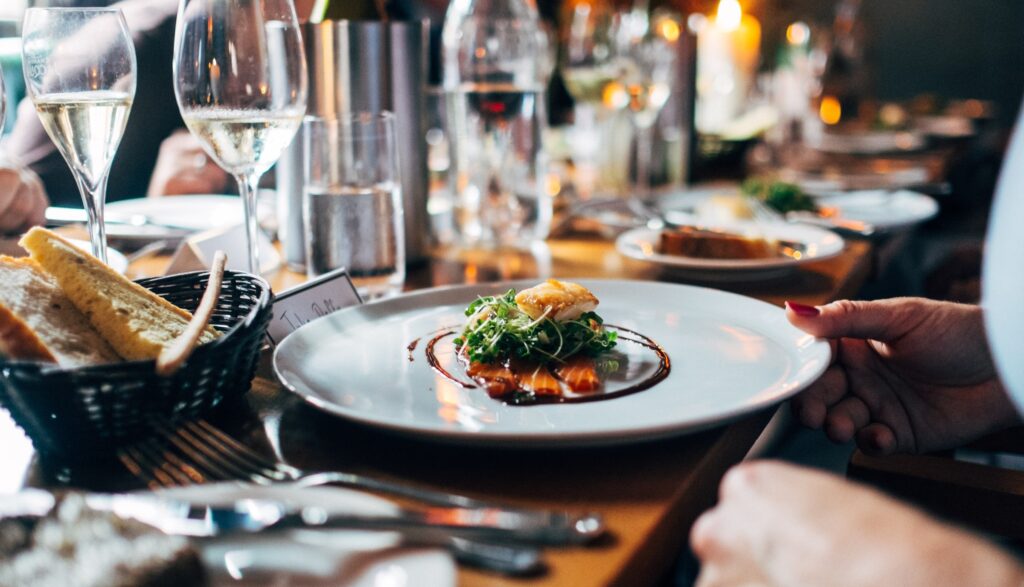Putting an end to the culinary mystery
Have you ever thought about how interesting it is that every bite creates a new mix of flavors? Food is more than just fuel; it tells a story through its tastes that goes beyond the everyday. Come with us on a cooking adventure as we try to figure out what Foodology is all about.
How Foodology Works: The Basics
How to Understand the Basics
Let’s start our journey with the most important things. Tastes like sweet, sour, salty, bitter, and umami are at the heart of every dish we eat. These basic parts lay the groundwork for the complex stories that come to life on our plates.
How to Figure Out Aromas
Aromas are the unsung stars of Foodology. They give the story more depth and complexity. Imagine the appeal of a hot cup of coffee or the scent of herbs wafting from a pot that is cooking. Each smell is like a note in a symphony of tastes, and it’s an important part of the whole experience.
Figuring Out Flavor Mixes
What It Takes to Pair
Putting tastes together is like writing a great work of art. You can mix sweet and salty, sour and spicy, or anything else you can think of. Knowing these mixtures will help you become a better cook and make every meal an adventure in taste.
Texture: The Communicator Who Stays Silent
Food is more than just how it tastes; it’s also how it feels. The crunch of a fresh apple or the velvety smoothness of chocolate talk to your feelings in a very different way. Find out what texture means in the language of food science.
Looking into Cultural Dialects
Global Trends in Flavor
Let’s take a trip around the world and look at how different cultures understand the language of tastes. From the fiery spices of India to the delicate balance of Japanese food, each culture brings its own language to the talk about food around the world.
Effects on the region
Zoom in on things closer to home to see how area factors affect how delicious foods taste. Regional differences in food, like the Cajun spices of the American South or the fragrant herbs of the Mediterranean, make the language of cooking more complicated.
How Taste Is Based on Science
Biology and How We Taste
Learn about the physics behind how things taste. Find out what taste buds and olfactory sensors are and how our biology affects how we taste things. Learning about the science side of foodology makes you appreciate food in a new way.
The Psychology of Taste
Besides biology, the psyche of taste is also very important. Look into how our memories, feelings, and cultural past affect how we taste things. Find out the interesting ways that our minds add to the complex language of tastes.
In conclusion
Finally, Food is more than just fuel. Foodology is a complex subject that includes smells, tastes, cultures, and scientific facts. Every meal is a chance to go on a sensory trip and figure out the language of flavors.
Read More: Cute Cat Sneezes: Your Daily Dose of Pure Cuteness!


